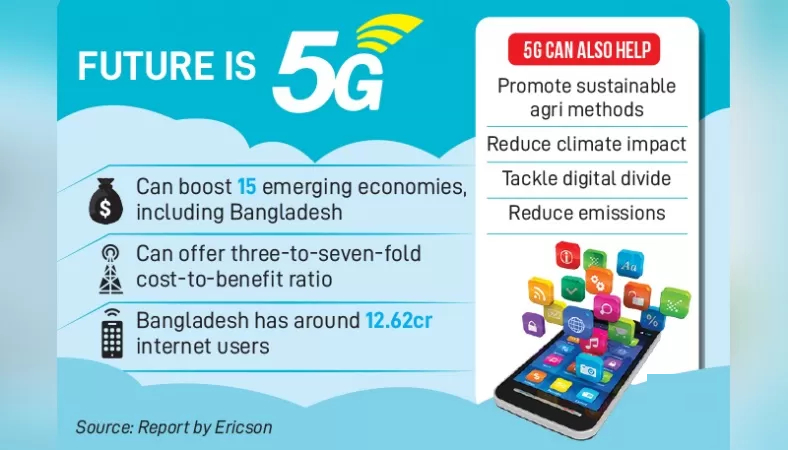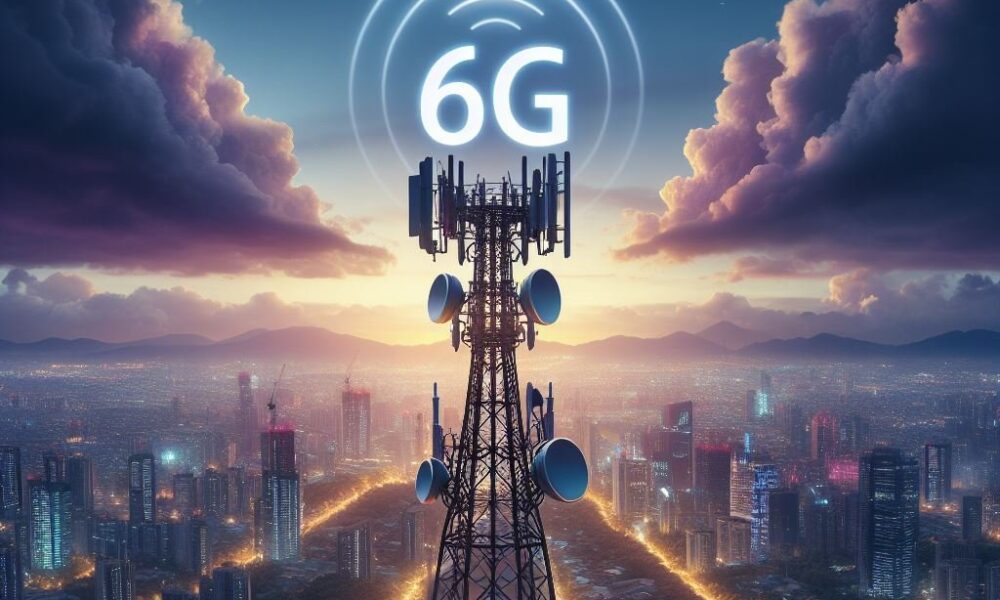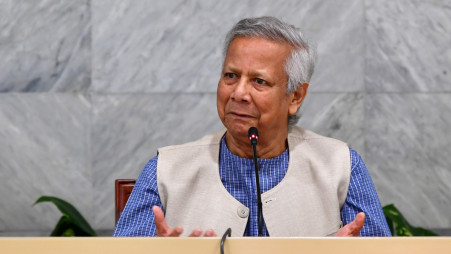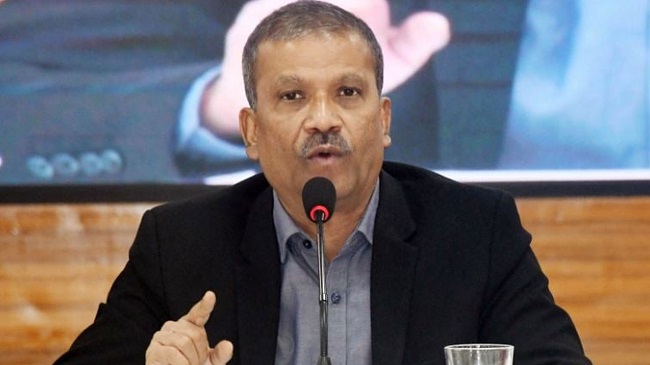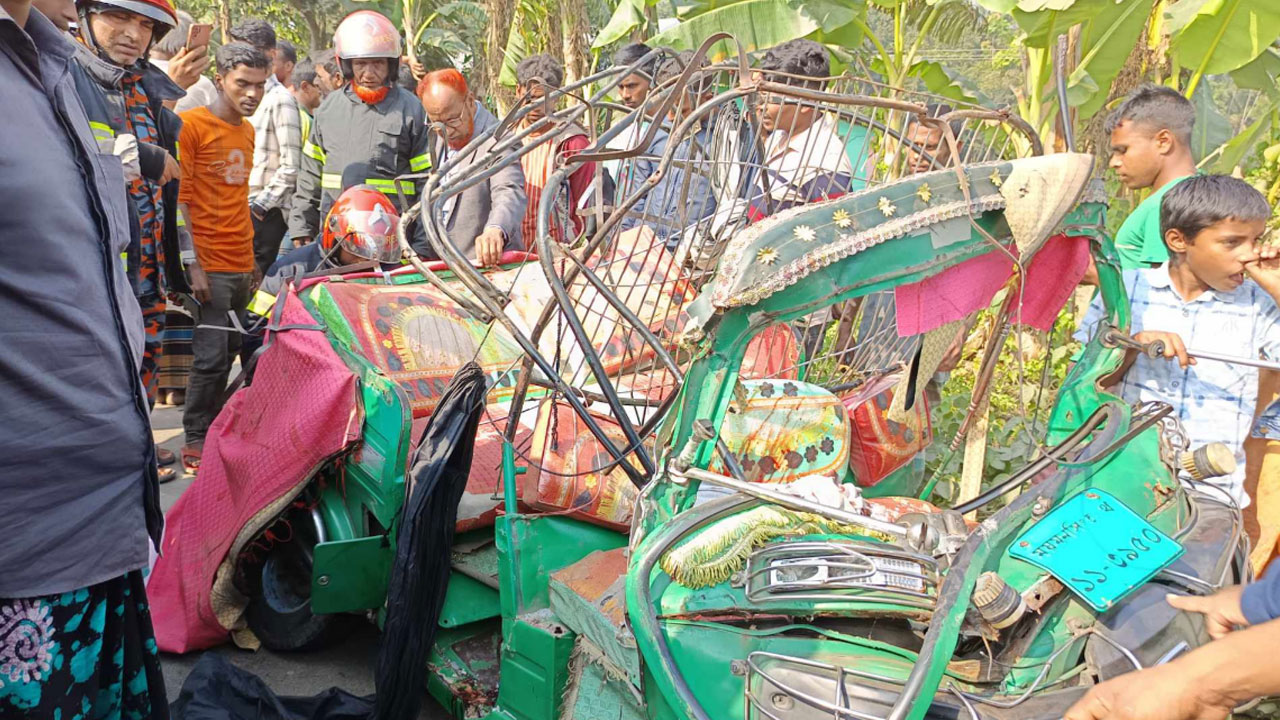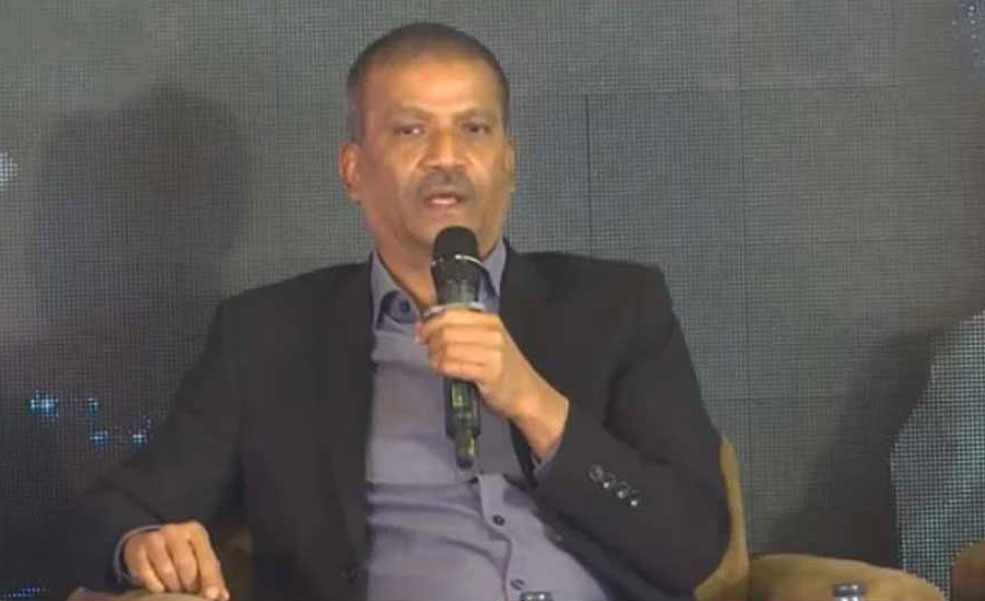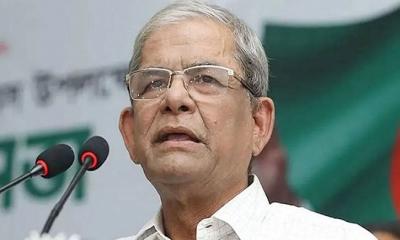Harnessing the benefits of Fifth Generation (5G) network technology can help Bangladesh’s Gross Domestic Product (GDP) growth rise further by up to .46 per cent by 2035, says a recent study.
Titled “Future Value of Mobile in Emerging Markets,” the report adds that with regulatory and government support, fifteen countries could benefit from GDP growth between 0.3 and 0.46 percent through 2035, with an estimated three-to-seven-fold cost-to-benefit ratio.
Carried out by multinational networking and telecommunications company Ericsson, this study has suggested that there existed great economic potential, consumer and environmental benefits of 5G connectivity in 15 emerging markets, including Bangladesh.
The countries addressed in the report are – Bangladesh, Pakistan, Brazil, Chile, Colombia, Egypt, India, Indonesia, Malaysia, Mexico, Morocco, Nigeria, South Africa, Thailand and Turkey, read a press release on Friday.
Head of Government and Policy Advocacy at Ericsson Andrew Lloyd said, “In addition to its economic benefits, 5G can also reduce climate impact, increase social inclusion, well-being, and tackle the digital divide in areas where fixed infrastructure availability is poor.
“With the backing of governments, regulators and policy makers, each of these 15 countries, and their citizens, stand to benefit significantly from 5G connectivity. In addition to economic benefits, 5G can also reduce climate impact, increase social inclusion, wellbeing and tackle the digital divide in areas where fixed infrastructure availability is poor.”
The report examined the impact of multiple 5G spectrum deployment options to facilitate enhanced mobile broadband and fixed wireless access (FWA) across consumer, industry, logistics, rural and public services clusters, and spanning several business case options, including verticals.
The study identifies expanded mid-band 5G coverage as the key success factor, with the potential to deliver about 80 per cent of the economic benefits.
Benefits from the Smart Industry and Smart Rural clusters account for 85-90 per cent of the total economic benefits in each emerging market, it added.
The study observes that agriculture was a significant sector in all 15 countries mentioned above, accounting for up to 10 per cent of GDP in some markets. The report estimates that enhanced rural 5G coverage could deliver up to 1.8% uplift in long-term GDP from agriculture.
It estimated that enhanced rural 5G coverage could deliver up to 1.8 per cent uplift in long-term GDP from agriculture. The 5G will also promote sustainable farming methods, increase efficiency and reduce agricultural waste.
The report mentions that baseline 5G deployment cost was estimated between $3 billion – $8 billion per country. An additional 20 per cent – 35 per cent investment is required to extend coverage.
Most countries are expected to generate overall economic benefits (GDP) three-to-seven times higher than the incremental cost of extending coverage. Moreover, 5G will promote sustainable farming methods, increase efficiency and reduce agricultural waste, it adds.
‘5G can help reduce emissions’
Results suggest 5G mobile broadband can generate consumer surplus between $1 billion – 10 billion per country, with coverage extension giving 20 per cent – 30 per cent extra consumer surplus.
The social benefits enabled by 5G will be greatest from 5G-based FWA, smart factories, freight and logistics, agriculture and healthcare use cases.
Adopting 5G can help reduce emissions by supporting digital transformation in agriculture, freight and logistics, smart factories and construction, the report mentions.
Current status of Bangladesh
Bangladesh entered a new era of digital connectivity after state-run mobile phone operator Teletalk launched the fifth-generation (5G) of mobile internet connectivity back in December 2021.
The high-speed network was expected to roll out at the district level gradually, and Teletalk had a plan to deploy 200 5G sites by 2022.
However, in September 2022, the government postponed a TK 236 crore Teletalk project, designed to commercially introduce Fifth Generation (5G) technology, in a bid to tackle the steady decline of forex reserves. Prime Minister Sheikh Hasina announced the decision after raising a question about why the 5G technology project should be implemented right now, when 4G is yet to be implemented across the country.
Grameenphone – the first private telecom in the country and also the connectivity partner to Digital Bangladesh – successfully completed the 5G trial in Dhaka and Chattogram on July 26 this year, taking the first step in realising the “Smart Bangladesh” vision.
On the issue, Grameenphone CEO Yasir Azman said, “Empowering societies and creating opportunities for all through democratizing the power of technology is at the core of Grameenphone.
“With the imminent 4IR, we believe it is our responsibility to accelerate the ongoing digitalization and harness the opportunities by pioneering the revolution to enable the nation to achieve its vision of becoming a Smart Bangladesh.”
He added, “Being the first to spearhead the eras of connectivity from 2G, 3G, 4G to now 5G, we envision being the connectivity partner to transform Bangladesh with high speed connectivity and advanced industrial solutions.”
‘5G not just a mobile technology’
Speaking to The Business Post, Posts and Telecommunications Minister Mustafa Jabbar said, “We are currently using 2G and 4G technology, and 5G is not just a mobile technology, it is mostly related to industrial usage.
“An expansion will be an important necessity after people begin to use 5G in their day-to-day lives. Currently, 4G technology has been available in 98 per cent areas across the country. Instead of focusing on expansion, our goal now should be improving the service quality.”
Providing more details about launching 5G in Bangladesh, Jabbar said, “The 5G has two aspects, one is technological change, another is that the handset industry has to be 5G capable.
“Considering these factors, we think it will take time, and implementation will not be possible overnight. But 5G is a very essential technology, as the 4IR depends on it.”
Commenting on the government’s decision regarding Teletalk’s 5G expansion, the minister said, “The government is not thinking about backtracking on the initiative, and that is why Teletalk’s 5G plan is being revised. “So, the government has not necessarily cancelled the plan of 5G expansion.”
According to Bangladesh Telecommunication Regulatory Commission (BTRC) data, the number of internet users in Bangladesh is around 12.62 crore. Of which, mobile internet users are 11.5 crore, while 1.16 crore use broadband internet.


